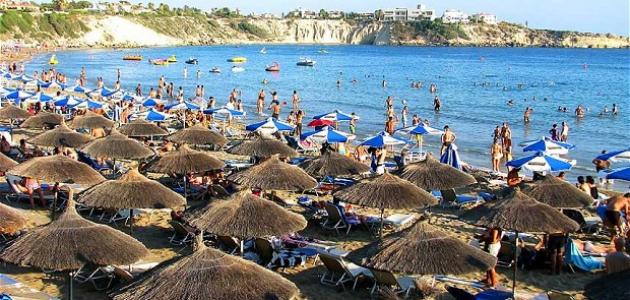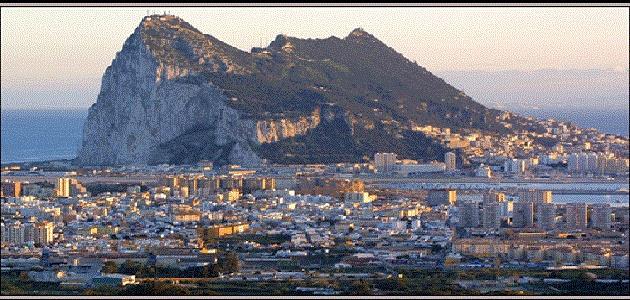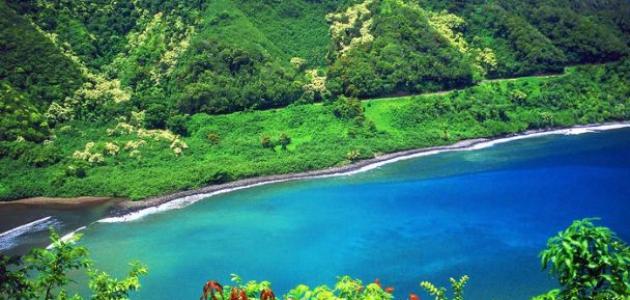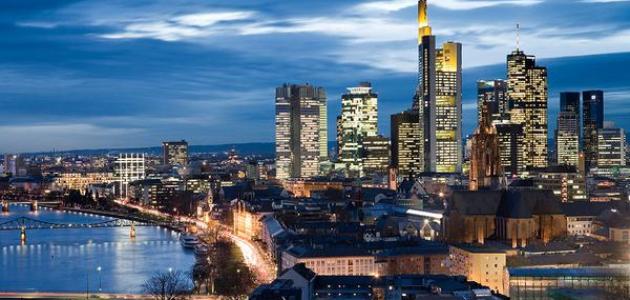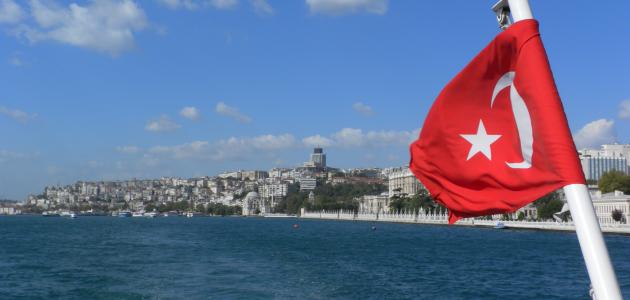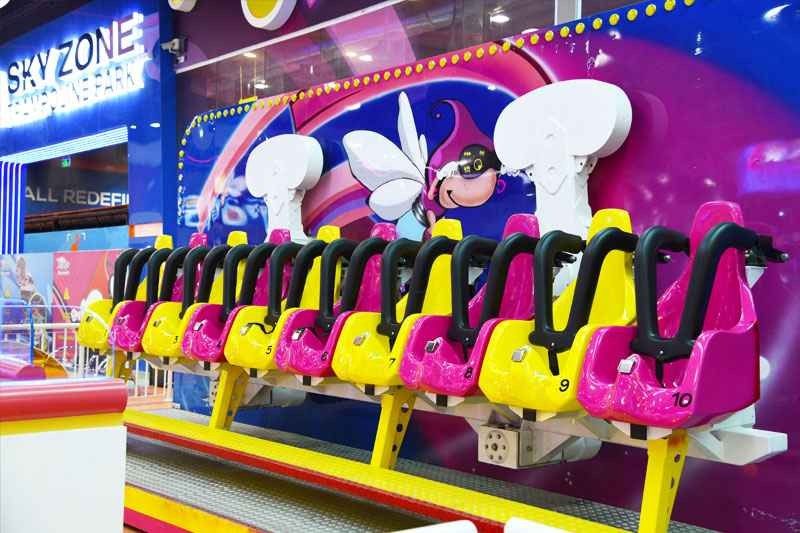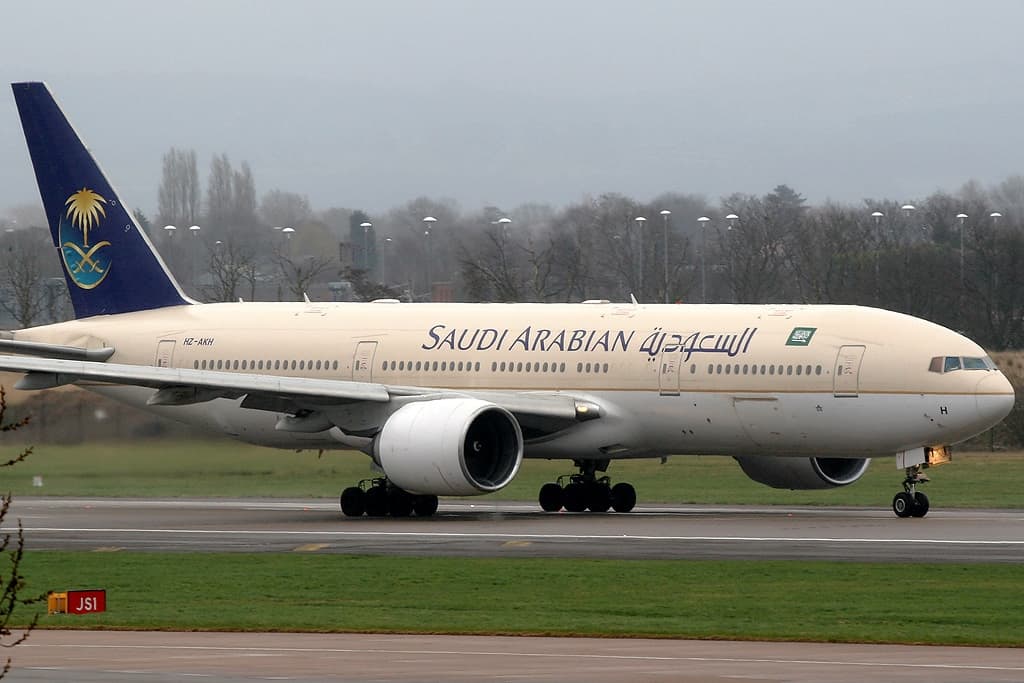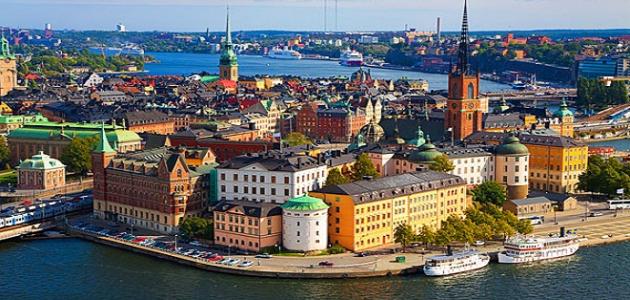Table of Contents
Definition of tourism
The concept of tourism refers to that natural phenomenon represented by the movement of individuals to places outside the geographical range of their place of residence, or their work, and for a period of time that does not exceed a year, not less than twenty-four hours, with the aim of achieving certain goals such as recreation, enriching cultural awareness, and falls under this concept All human activities resulting from this process, and their effects on the cultural, social, economic, cultural, and other levels.
Types of tourism
Tourism is classified according to the criterion of political boundaries into two main types:
- Domestic tourism: It is represented by the movement of people between different places within the country of their nationality, and the percentage of spending on domestic tourism ranges between 70-80% of the total global tourism spending, according to the World Tourism Organization.
- Foreign Tourism: Also known as global or international tourism, in which the tourist crosses the international political boundaries, moving to a country other than his country of origin, and to complete this type of activities requires a lot of legal and financial procedures; such as obtaining a visa to enter the hosting country, exchange currency, and many other procedures.
Ingredients for tourism
The following points touch on mentioning some of the most important components of tourism, with an indication of what each of them is:
- Natural ingredients: Tourism is considered to be the most important ingredient, due to the growing global interest in the environment and its problems, and one of the most prominent examples is the climate that allows variation from one region to another in the country to keep the tourist movement active throughout the year, in addition to the beaches and water bodies that tourists visit for relaxation and recreation This is apart from natural plants, which in turn attract nature lovers.
- Religious elements: It is represented by holy places and monuments, such as shrines, mosques, churches, and monasteries, and it is noteworthy that the Arab world has a special place when talking about religious sanctities being the landing of the three heavenly religions, represented by the Islamic religion, and the Christian and Jewish religions, so many tourists flock to Mecca and Medina Medina, Hebron, and Bethlehem.
- Historical Archaeological Ingredients: It includes all that was created by ancient civilizations, such as the Karnak temples in Egypt, and the monuments of the Copts in Jordan, in addition to the monuments of the Canaanites in Palestine. Also included in these components are the scientific, cultural and research centers.
- Cultural ingredients: These elements reflect the cultural heritage of the country’s population, so the tourists perform folk dances, and enjoy visiting museums, art galleries, cinematography, and many others.
- Modern ingredients: It includes all the huge installations and projects that reflect the civilizational development and the economic growth of the country, such as dams, airports, bridges, railways, and many others.
- Political ingredients: The political climate is a factor in pushing tourism forward and keeping it always active, as countries seek to attract tourists to them by providing investment facilities, simplifying travel procedures, as well as developing infrastructure, such as developing hotels, tourist villages, reserves, resorts, And others.

